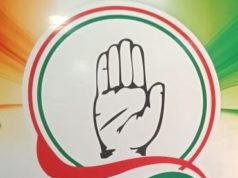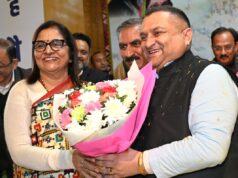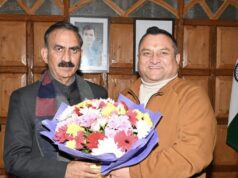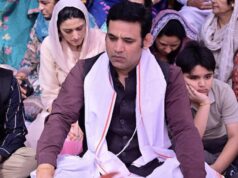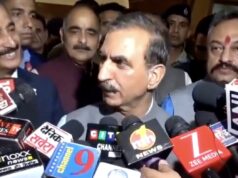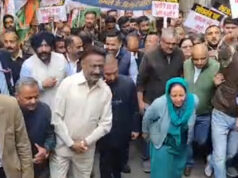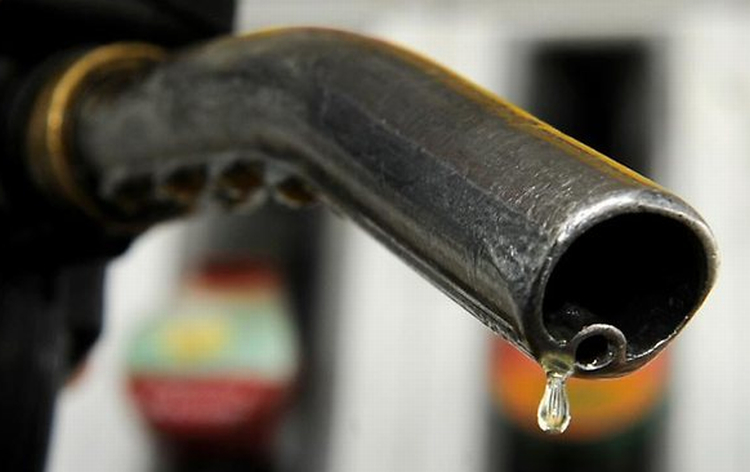The reconstitution of the dissolved Himachal Pradesh Congress Committee (HPCC) has sparked discontent among state Congress leaders, highlighting growing internal tensions. The appointment of 16 observers from other states by the All India Congress Committee (AICC) in-charge of Himachal Pradesh, Rajeev Shukla, has drawn criticism from several senior leaders who see it as undermining local authority and the prerogative of the state leadership.
A senior Congress leader, speaking anonymously, expressed frustration over the move, stating, “The central leadership has never appointed observers for such matters before. It disregards the HPCC president’s authority to appoint office-bearers at the district and block levels in consultation with state MLAs and leaders.”
Many within the party, including legislators, have questioned how observers unfamiliar with the state’s political landscape can make informed decisions about key appointments. “How can outsiders, who have no understanding of the ground reality, assess who has worked for the party in Himachal?” asked a disgruntled party worker. Concerns are also mounting that aspirants will now focus on pleasing these external observers, potentially sidelining local merit and loyalty.
Dissolution of HPCC and Power Struggles
The HPCC was suddenly dissolved earlier this month, adding to the factionalism within the party. The dissolution itself was seen by many as an attempt by the central leadership to reset the state unit amid rising discontent and allegations of inefficiency. However, this has only deepened rifts, particularly between the camps loyal to HPCC president Pratibha Singh, the widow of former Chief Minister Virbhadra Singh, and other factions within the party.
Pratibha Singh’s camp has reportedly felt sidelined in recent decisions, with local leaders accusing the AICC of disregarding regional autonomy. The struggle for control over the state unit has also brought to light tensions between Congress MLAs and senior leaders vying for influence in the party’s reorganization.
Broader Context of Infighting
Infighting has plagued the Himachal Pradesh Congress for years. During the recent assembly elections, internal rivalries were evident as factions failed to coordinate effectively, leading to criticism of the party’s performance despite its electoral victory. Additionally, the central leadership’s frequent interference has often clashed with the aspirations of state leaders, creating a divide that many believe weakens the party’s ability to function cohesively.
AICC secretaries Vidit Chaudhary and Chetan Chauhan are scheduled to meet state leaders on November 25 and 26. The meetings will include discussions with Pratibha Singh, former state Congress presidents, senior leaders, and heads of HPCC organizations.
While these discussions are aimed at resolving differences, many within the party remain sceptical about whether the central leadership’s approach will bridge the existing divides or exacerbate them further.
As the Congress grapples with its internal discord, its ability to present a united front for upcoming elections is under question. The reconstitution of the HPCC, rather than unifying the party, appears to have opened old wounds, with leaders calling for a more inclusive and locally driven process.
If the internal struggles continue, the party risks alienating its cadre and weakening its position in the state, particularly at a time when it faces strong opposition from the BJP.


